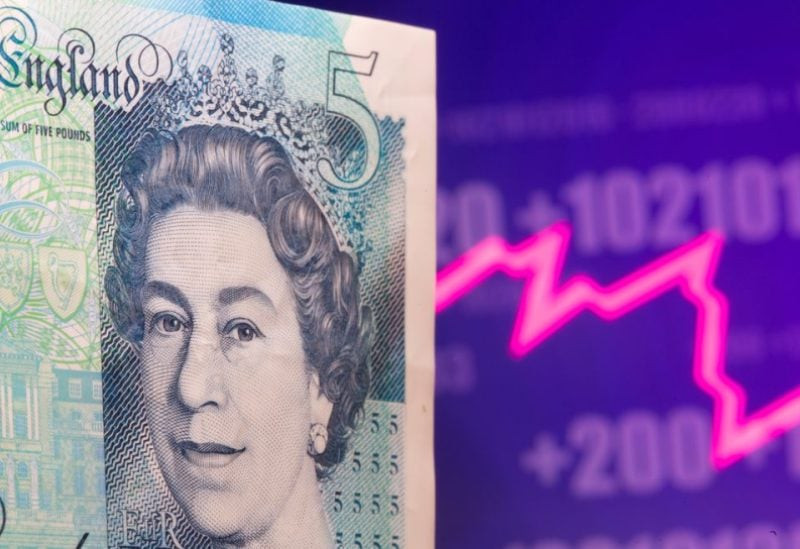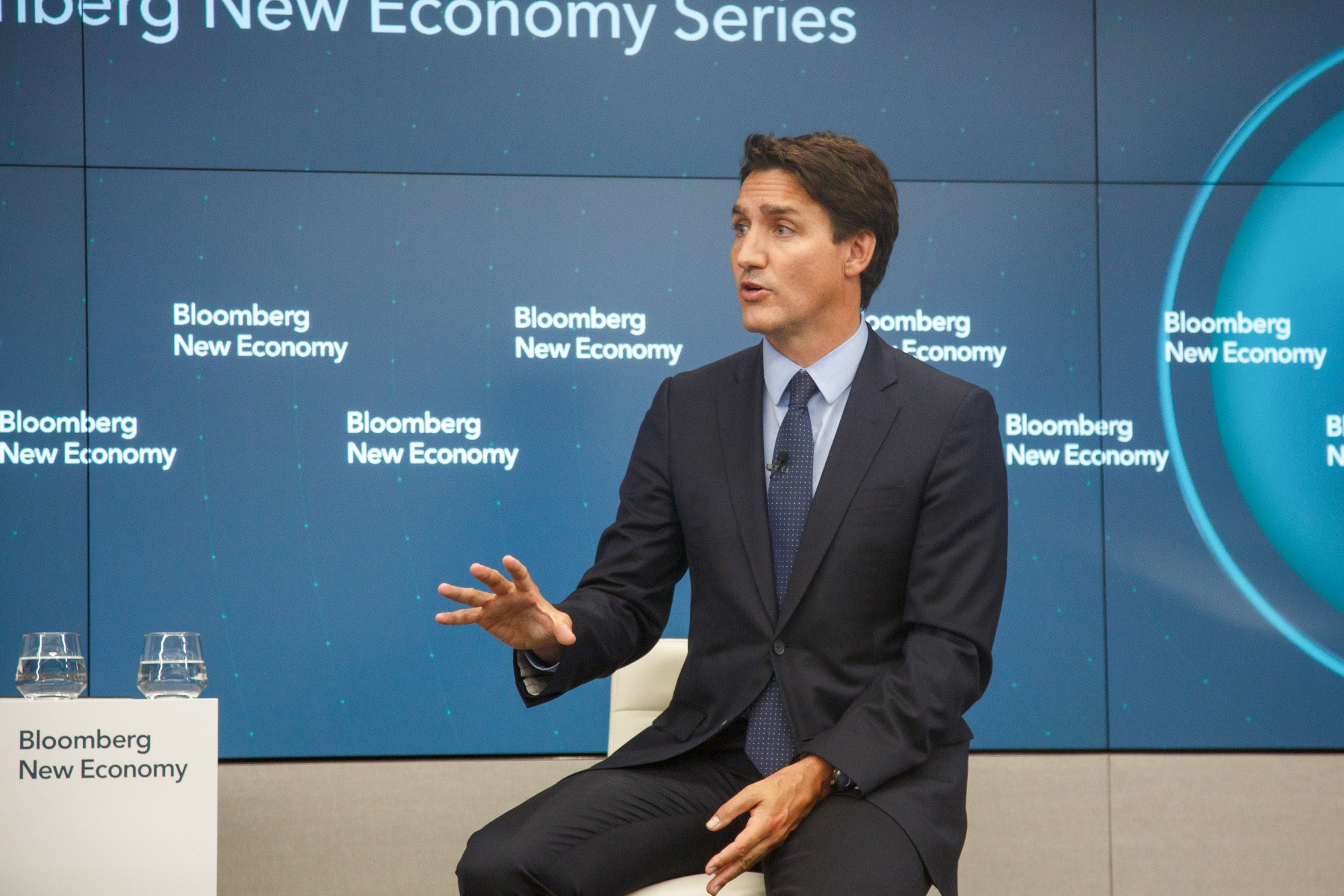UK Inflation Surges to 6-Month High: Interest Rate Cuts on Hold?
The United Kingdom experienced a significant jump in inflation during October, reaching 2.3%, a figure that surpasses both September's 1.7% and economists' predictions of 2.2%. This unexpected rise marks the highest inflation rate in six months, raising concerns among experts and potentially impacting the Bank of England's plans for future interest rate cuts.
Rising Energy Costs and the October Surprise
The increase in October's inflation rate is largely attributed to a noteworthy rise in energy costs. The regulator-set energy price cap, which took effect in October, resulted in a substantial increase in household energy bills. This increase is expected to further fuel inflation during the colder winter months, placing additional strain on household budgets. This sudden surge, exceeding projections and defying earlier trends of decreasing inflation, triggered significant debate amongst financial analysts and policymakers.
Services Sector Inflation Also Rises
Adding to the inflationary pressure, price increases in the UK's dominant services sector also experienced a moderate uptick, reaching 5.0% in October from 4.9% in September. This marks the lowest rate in over two years, though still contributing to the overall rise in inflation. The combination of increased energy costs and rising service sector prices demonstrates a broader inflationary trend beyond just a single sector. The impact of these combined factors on overall inflation is significant. These figures suggest that while some sectors show signs of easing, others are contributing to maintaining higher-than-target inflationary pressure.
The Bank of England's Response and Future Outlook
The recent inflation data will play a pivotal role in the Bank of England's upcoming interest rate decision scheduled for December 19. The central bank had previously cut rates by 25 basis points earlier in the month, yet signaled that future rate cuts would be implemented gradually due to renewed economic challenges. The October inflation data makes it less likely that the bank will cut rates further before the year's end. The unexpected surge in inflation is a major factor influencing this decision and has created significant uncertainty about future interest rate movement.
Experts Weigh In: Cautious Optimism and Concerns
Experts offer varied perspectives on the situation. While some highlight the fact that 2.3% inflation is still relatively low compared to previous years, others emphasize the cumulative impact of price increases on households. This difference in opinion creates a cloud of uncertainty around the future direction of the UK economy. Further complicating the picture, a recent government budget announcement included significant tax increases, which, according to some analysts, may further contribute to inflationary pressures. The government has committed to boosting the national minimum wage and freezing fuel duty but acknowledges there is “more to do” to tackle the cost-of-living crisis.
The Government's Role and Global Factors
The Labour government's recent Autumn budget, involving a substantial £40 billion ($51.8 billion) in tax increases, has also been flagged as a potential contributor to the inflationary pressures, along with concerns about obstacles to trade, tightness in the labor market, and price volatility in food and energy.
Global Uncertainty Adds to the Mix
Adding to the complexity of the situation, The prospect of potential trade tariffs under the incoming US President has fueled concerns about further inflationary pressures in 2025. The interplay of domestic fiscal policy and global trade dynamics adds layers of uncertainty to the economic forecast, making it challenging to predict future price movements with certainty. These international factors, coupled with domestic economic policies, create a complex and challenging environment for financial forecasters and policymakers.
Navigating the Inflationary Storm: What Lies Ahead?
The unexpected rise in UK inflation poses significant challenges for both policymakers and households. The Bank of England faces a difficult balancing act in managing inflation while ensuring continued economic growth. Meanwhile, households are grappling with the increased cost of living, particularly in the face of rising energy bills and other essential goods and services. The coming months will be crucial in observing how these factors interact and impact the overall economic landscape. Uncertainty and debate remain as analysts and economists continue to grapple with the complexities of the situation. This will be pivotal in determining the future trajectory of inflation and the broader state of the UK economy.


















